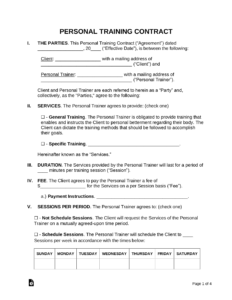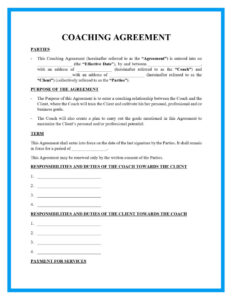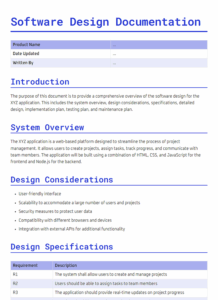In today’s dynamic digital landscape, where information flows freely and content creators share insights across a myriad of platforms, the line between helpful information and professional advice can often become blurred. Whether you are a blogger, a social media influencer, an online educator, or a business coach, the content you produce, even when intended purely for educational or informational purposes, might inadvertently be perceived as tailored guidance. This perception can carry significant legal implications if not properly managed.
Protecting yourself and setting clear expectations for your audience is not just a best practice; it is a critical necessity. Establishing boundaries is fundamental to fostering trust while simultaneously mitigating potential liabilities. This is where a robust disclaimer, one that clearly states your content is not professional advice, becomes an indispensable tool in your legal toolkit, helping you navigate the complexities of online content creation with confidence and clarity.

The Crucial Role of Disclaimers in Content Creation
Sharing knowledge and insights online is incredibly rewarding, but it also comes with responsibilities. When you talk about topics like investments, budgeting, or business strategy, people naturally look to your words for guidance. Without a clear disclaimer, there is a risk that your audience might mistake your general observations or educational content for personalized, professional advice, which could lead to misunderstandings or, worse, legal challenges if someone acts on your information and experiences an unfavorable outcome.
The distinction between providing information and offering advice is more than just semantics; it carries significant legal weight. Information aims to educate and inform, offering general facts, opinions, or insights. Advice, on the other hand, implies a recommendation for a specific course of action tailored to an individual’s unique situation. When you explicitly state that your content does not constitute financial advice, you are clearly defining the nature of your interaction and managing the expectations of your audience.
Who Needs This Disclaimer Most?
- Financial bloggers and content creators discussing market trends, investment strategies, or personal finance tips.
- Coaches offering business, life strategy, or entrepreneurial guidance that might touch upon financial aspects.
- Educators developing online courses or workshops related to personal finance, wealth management, or business growth.
- Anyone sharing investment ideas, market insights, or economic commentary that could be interpreted as a recommendation.
Having a prominent disclaimer helps you maintain your role as an educator or information provider, rather than inadvertently stepping into the shoes of a regulated financial advisor. It creates a necessary buffer, ensuring that your audience understands they are consuming general content and should seek personalized advice from qualified professionals for their specific circumstances.
This clear communication fosters a more transparent relationship with your audience, building trust by setting honest boundaries. It empowers individuals to take responsibility for their own decisions, understanding that the content they consume from you is a starting point for their own research and professional consultation, not a definitive directive. Ultimately, adopting a comprehensive approach that includes a well-drafted this does not constitute financial advice contract template is a proactive step towards safeguarding your online presence and business.
Crafting Your Own “This Does Not Constitute Financial Advice” Agreement
Developing an effective disclaimer is about more than just pasting a single sentence onto your website. It involves thoughtful consideration of its placement, language, and scope to ensure it adequately protects you and clearly communicates your intentions to your audience. A well-structured disclaimer acts as a mini-agreement, setting the terms of engagement for anyone interacting with your content.
The core of any such agreement must be an explicit statement that the content provided is for informational or educational purposes only and is not intended to be a substitute for professional financial advice. Beyond this, it should encourage users to consult with a qualified financial advisor, tax professional, or legal counsel before making any decisions based on the information they consume. It is also wise to include a clause stating that you are not liable for any losses or damages incurred as a result of using the information provided.
Consider where this disclaimer will live. For a website, it could be in the footer, on an “About” page, or a dedicated “Disclaimer” page. For specific products like online courses or e-books, it should appear at the beginning of the material. In email newsletters, a condensed version might be appropriate, linking to a more comprehensive statement. The key is visibility and accessibility, ensuring that anyone engaging with your content has the opportunity to see and understand the disclaimer.
While the general principles remain consistent, the specific wording and additional clauses might vary depending on your particular niche and the type of content you produce. It is always a wise decision to consult with a legal professional to tailor your disclaimer to your unique business needs and ensure it complies with relevant regulations in your jurisdiction. A properly designed this does not constitute financial advice contract template is an invaluable asset, offering peace of mind and robust protection in your content creation journey.
Taking the time to implement a clear and legally sound disclaimer is an investment in the longevity and security of your online presence. It is a proactive measure that safeguards both your business and your audience, fostering a transparent and responsible approach to content sharing. This commitment to clarity ultimately strengthens your professional credibility and builds a foundation of trust with everyone who interacts with your valuable insights.



